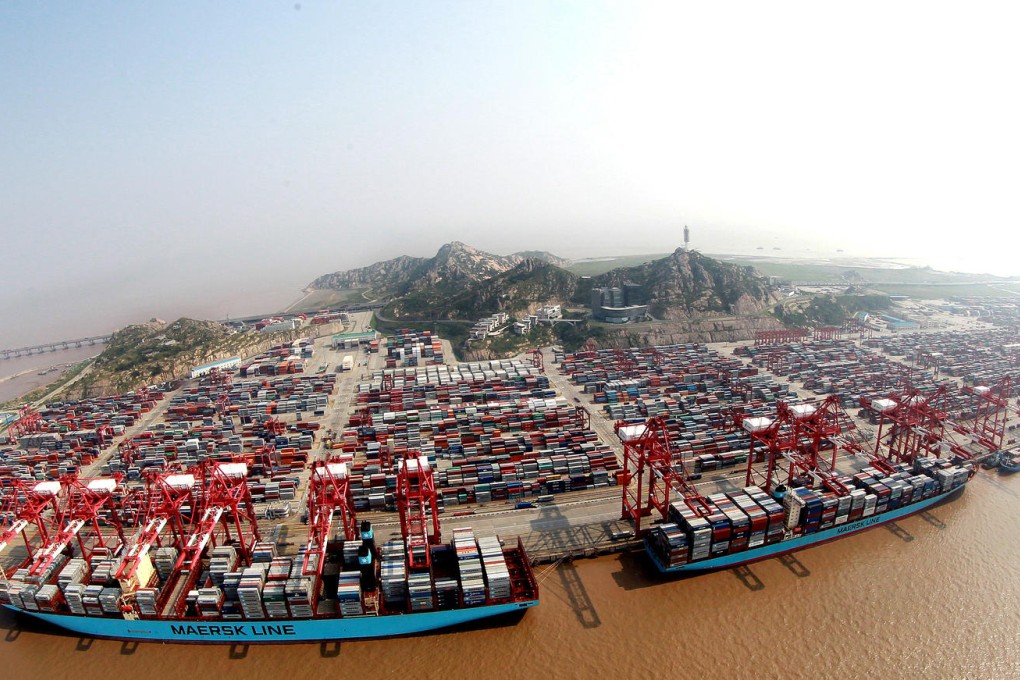New | Banks cautious about easing of funding rule in Shanghai free-trade zone
Move comes amid growing concerns over capital outflows while lenders in the Shanghai free-trade zone see red tape hindering reform progress

Banks in Shanghai's free-trade zone have cautiously welcomed a move from the central bank that will boost the volume of funding they can receive from offshore.
The one-way cracking of the capital account within the zone comes as concerns grow over capital outflow and analysts said the lightening of regulation could be a defensive measure to keep funds from washing outward.
Banks in the zone said red tape and other approval procedures were still slowing real development despite the headline pomp on new reforms.
The latest loosening will let companies borrow up to two times that of their paid-in capital. Banks will be allowed up to five times that level - if they have the right documents.
"This is an important move but banks will still need to open free-trade accounts to take advantage of this," said Kim Jin, a vice-president at Westpac Bank, which has a sub-branch in the zone. "Not many banks have been allowed to do this and at the current rate it could take up to a year to get one."
Some Chinese banks have received such accounts but few foreign players have been granted one, with HSBC Holdings and Citibank counted among the limited recipients.